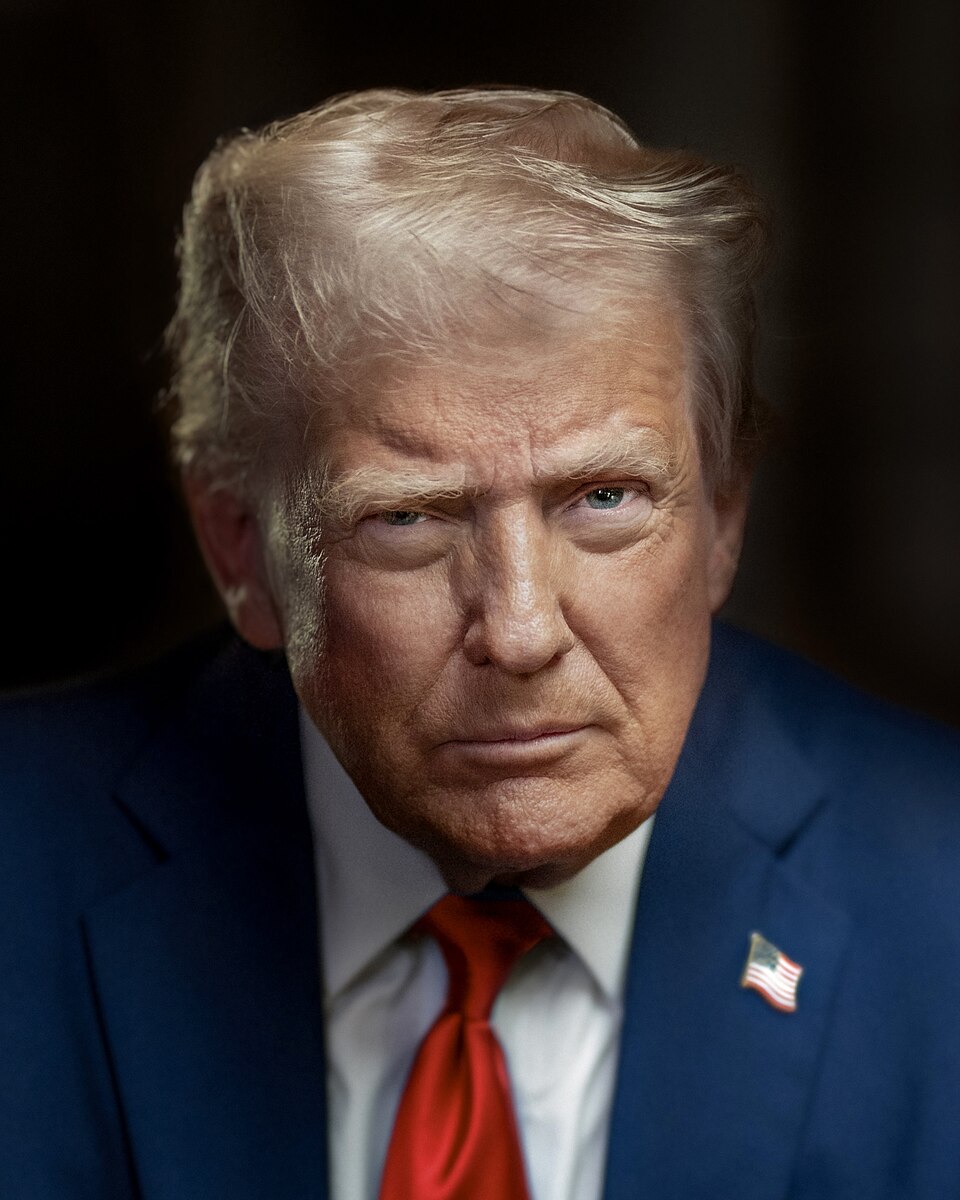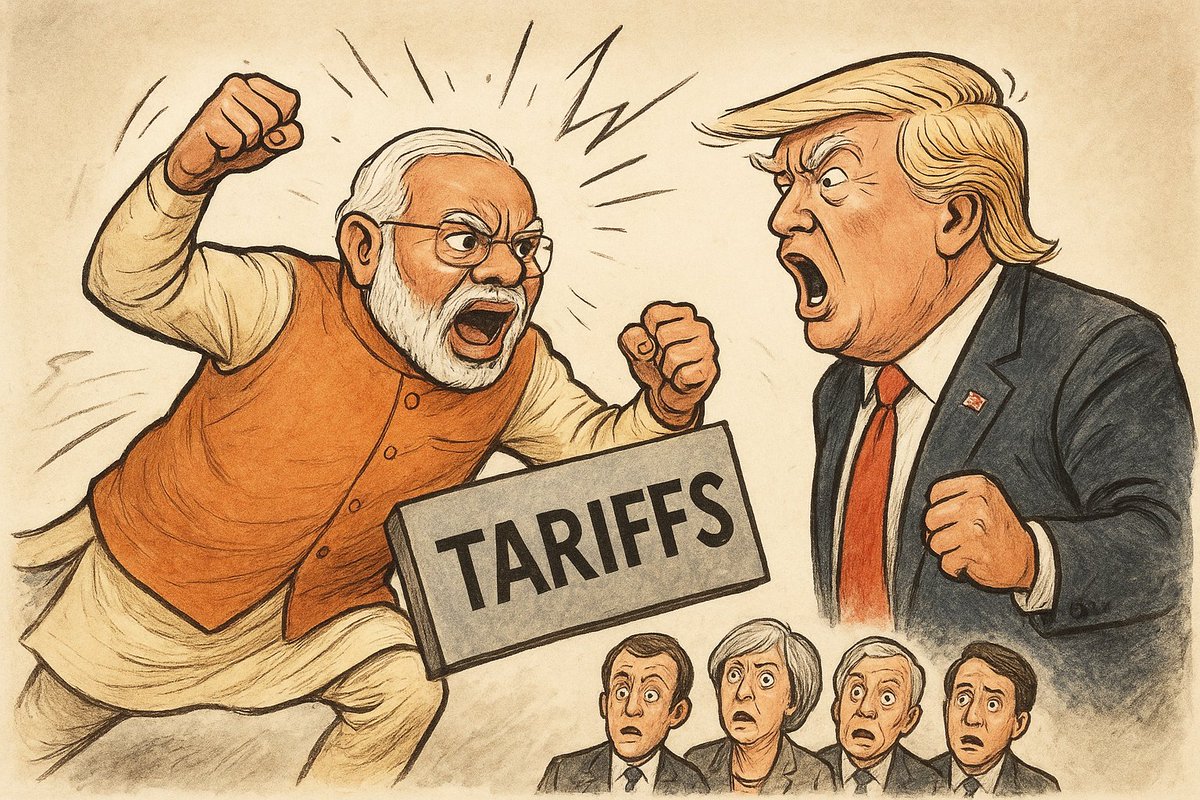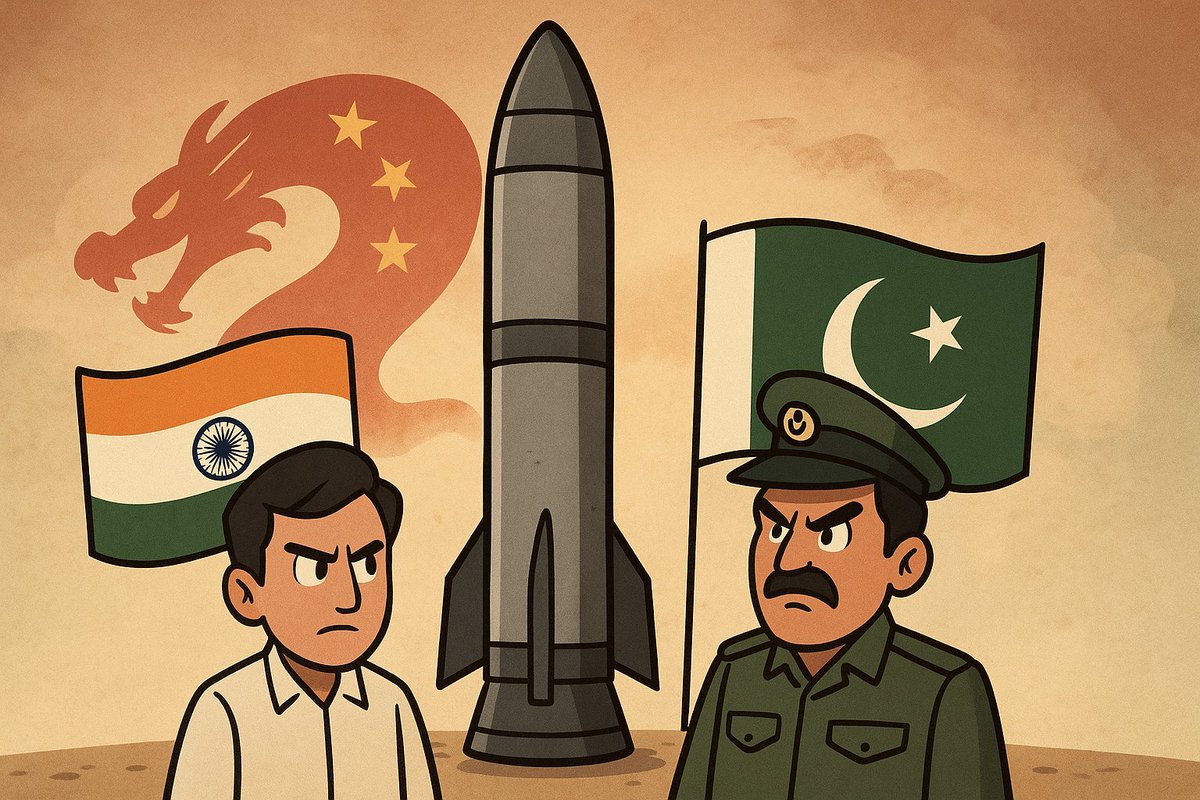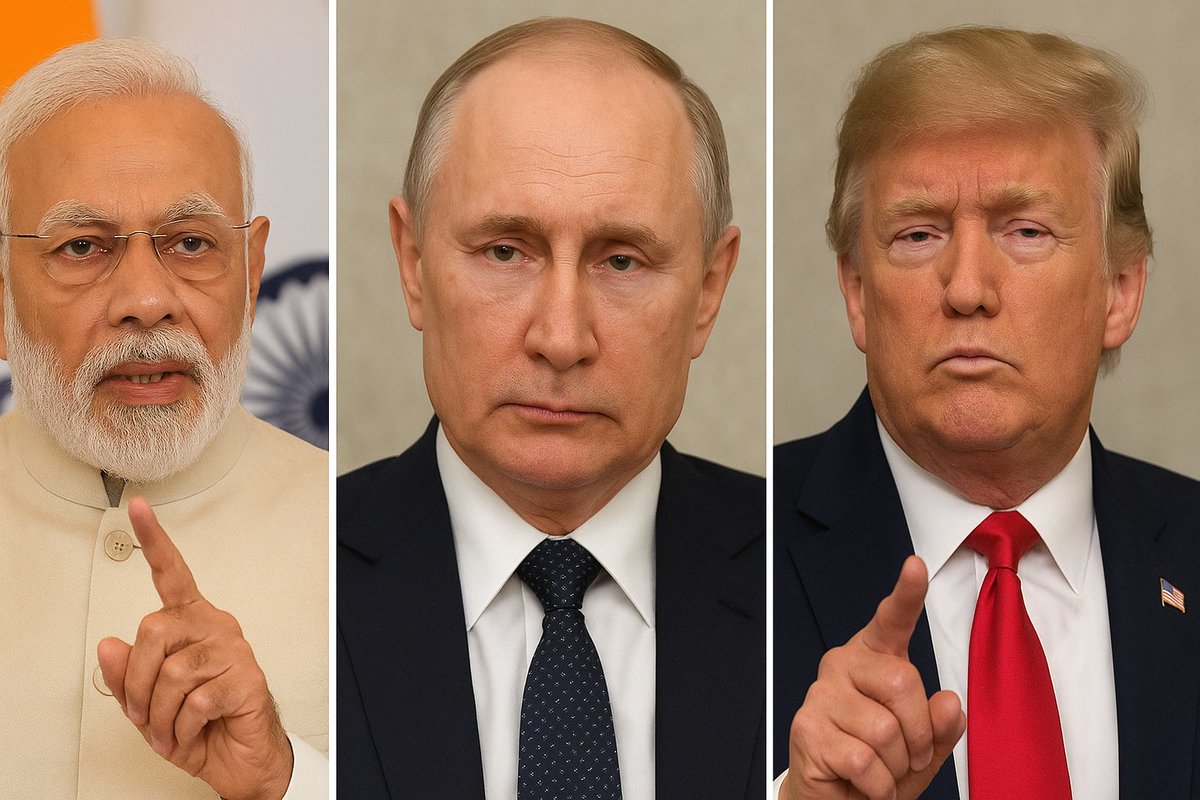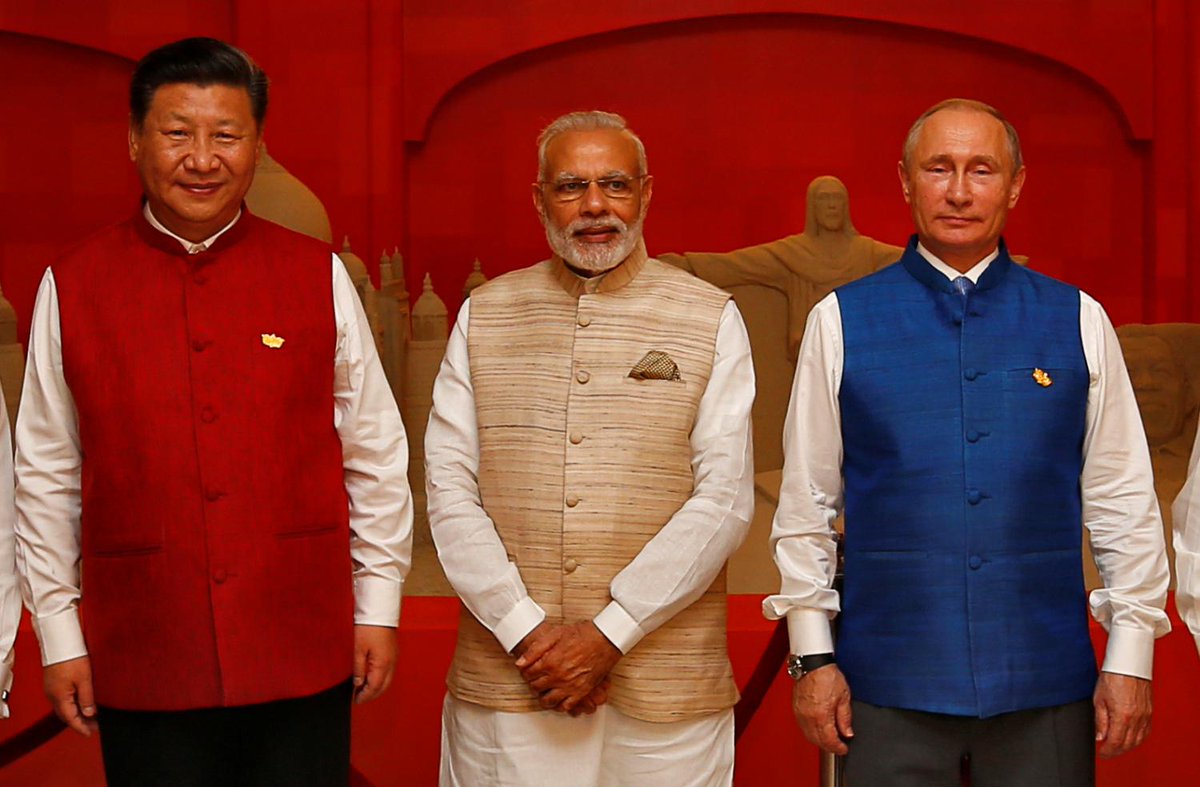Amit Shah’s Bold Anti-Corruption Bill Shakes Indian Politics
.
.
.
.
.
.
.
.
.
.
.
.
.
.
.
.
.
.
.
Both Rahul Gandhi and Mamta Banerjee all in shock. Read the entire post to know the whole story

.
.
.
.
.
.
.
.
.
.
.
.
.
.
.
.
.
.
.
Both Rahul Gandhi and Mamta Banerjee all in shock. Read the entire post to know the whole story
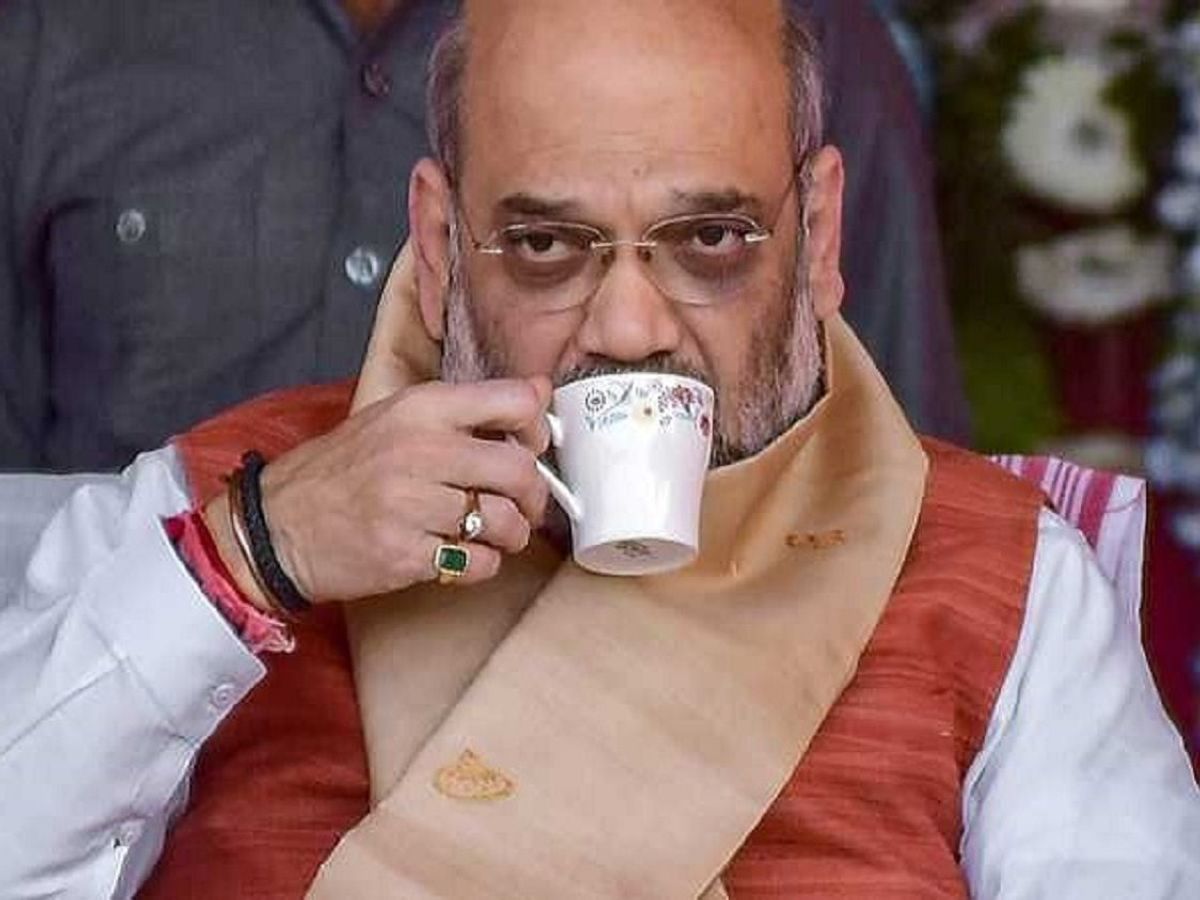
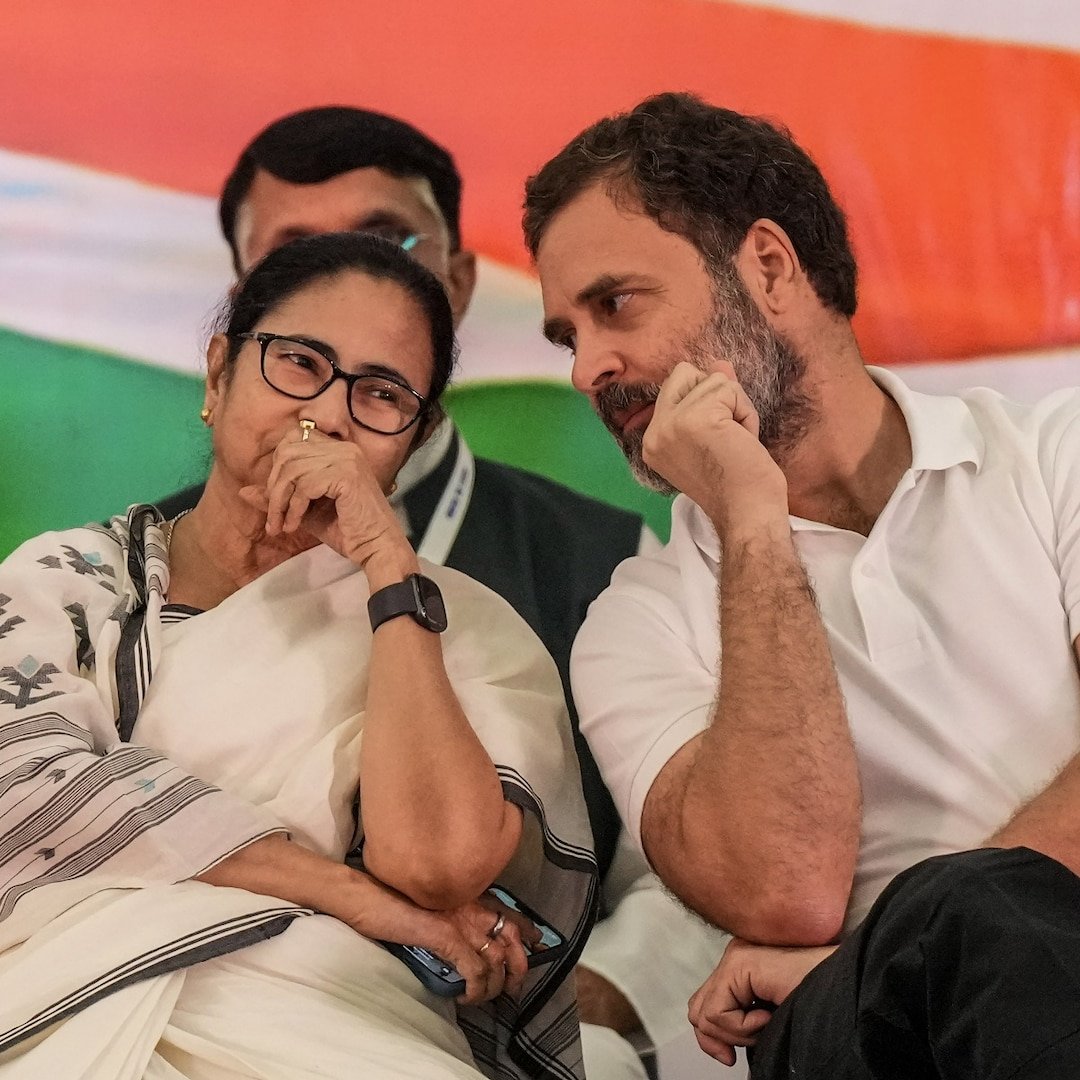
The Monsoon Session of Parliament is nearing its conclusion, but on August 20th, an extraordinary development unfolded in the Lok Sabha—one that will likely be remembered in India’s political history for years to come. For weeks, the Opposition had been disrupting proceedings over issues ranging from the Election Commission to various political controversies. Yet, on this day, the Modi government, led by Union Home Minister Amit Shah, introduced a constitutional amendment that directly targets the deep-rooted problem of political corruption.
A Landmark Move: The 130th Constitutional Amendment
Amit Shah introduced the 130th Constitutional Amendment Bill, accompanied by two other related legislations. At its core, the amendment proposes a radical reform:
Any elected official—including the Prime Minister, Chief Ministers, Union or State Ministers—who is arrested and remains in custody for 30 consecutive days in a case where the potential punishment is five years or more, will be compelled to resign.
Amit Shah introduced the 130th Constitutional Amendment Bill, accompanied by two other related legislations. At its core, the amendment proposes a radical reform:
Any elected official—including the Prime Minister, Chief Ministers, Union or State Ministers—who is arrested and remains in custody for 30 consecutive days in a case where the potential punishment is five years or more, will be compelled to resign.
This provision applies across the board—to central ministers, state ministers, chief ministers, and even the Prime Minister. If such an individual refuses to step down, constitutional authorities such as the President or Governors, acting on the advice of the Prime Minister or Chief Minister respectively, will have the power to remove them.
This is unprecedented. India’s political culture has long been plagued by a perception that corruption charges against politicians lead to little or no accountability. Leaders accused of massive scandals—Lalu Prasad Yadav, for example—have returned to public life even after imprisonment. Many, like Delhi’s Arvind Kejriwal or Manish Sisodia, continued to hold office while in jail. The new bill aims to put an end to this culture.
This is unprecedented. India’s political culture has long been plagued by a perception that corruption charges against politicians lead to little or no accountability. Leaders accused of massive scandals—Lalu Prasad Yadav, for example—have returned to public life even after imprisonment. Many, like Delhi’s Arvind Kejriwal or Manish Sisodia, continued to hold office while in jail. The new bill aims to put an end to this culture.
Shockwaves Across the Political Spectrum
Unsurprisingly, the bill triggered uproar. TMC leaders branded it a “Black Bill,” with Mamata Banerjee declaring August 20th as a “Black Day.” This is no surprise—TMC has faced multiple corruption scandals involving ministers, legislators, and even grassroots leaders. Images of mountains of cash recovered from party leaders’ homes remain fresh in public memory.
Congress too launched sharp attacks. KC Venugopal tried to corner Amit Shah by pointing to his own arrest during the Gujarat years. Shah, however, reminded Parliament—and later the nation via social media—that he had resigned before his arrest, only returning to office after being acquitted by the courts.
Shashi Tharoor, notably, supported the principle behind the bill, arguing that if leaders face such serious charges, resigning should not be an issue. But Abhishek Manu Singhvi warned that the law could be “weaponized” by the government to destabilize Opposition-ruled states.
Unsurprisingly, the bill triggered uproar. TMC leaders branded it a “Black Bill,” with Mamata Banerjee declaring August 20th as a “Black Day.” This is no surprise—TMC has faced multiple corruption scandals involving ministers, legislators, and even grassroots leaders. Images of mountains of cash recovered from party leaders’ homes remain fresh in public memory.
Congress too launched sharp attacks. KC Venugopal tried to corner Amit Shah by pointing to his own arrest during the Gujarat years. Shah, however, reminded Parliament—and later the nation via social media—that he had resigned before his arrest, only returning to office after being acquitted by the courts.
Shashi Tharoor, notably, supported the principle behind the bill, arguing that if leaders face such serious charges, resigning should not be an issue. But Abhishek Manu Singhvi warned that the law could be “weaponized” by the government to destabilize Opposition-ruled states.
Why This Bill Matters
India’s founding fathers perhaps never imagined that sitting Chief Ministers or Ministers would one day continue in office from behind bars. The new amendment seeks to close this ethical loophole. It signals that governance cannot be conducted from jail cells and that public trust in democracy must be preserved.
Supporters hail it as a step towards restoring political morality. Critics fear misuse. Either way, it has changed the tone of Indian politics overnight.
India’s founding fathers perhaps never imagined that sitting Chief Ministers or Ministers would one day continue in office from behind bars. The new amendment seeks to close this ethical loophole. It signals that governance cannot be conducted from jail cells and that public trust in democracy must be preserved.
Supporters hail it as a step towards restoring political morality. Critics fear misuse. Either way, it has changed the tone of Indian politics overnight.
The Road Ahead
The bill has been referred to the JPC, and further debate will unfold in the Winter Session. But its political ripples are already visible. Mamata Banerjee is on the defensive. Congress is split internally. Regional parties with tainted ministers are nervous. And for the first time in years, the narrative has shifted from whether corruption cases are “politically motivated” to whether leaders accused of serious crimes should have the moral right to govern at all.
In the words of a political strategist, “This is not just legislation. This is a message that the Modi government wants to rewrite the rules of Indian politics.”
If passed, the 130th Constitutional Amendment could become one of the most consequential anti-corruption reforms in India’s democratic journey.
The bill has been referred to the JPC, and further debate will unfold in the Winter Session. But its political ripples are already visible. Mamata Banerjee is on the defensive. Congress is split internally. Regional parties with tainted ministers are nervous. And for the first time in years, the narrative has shifted from whether corruption cases are “politically motivated” to whether leaders accused of serious crimes should have the moral right to govern at all.
In the words of a political strategist, “This is not just legislation. This is a message that the Modi government wants to rewrite the rules of Indian politics.”
If passed, the 130th Constitutional Amendment could become one of the most consequential anti-corruption reforms in India’s democratic journey.
• • •
Missing some Tweet in this thread? You can try to
force a refresh


